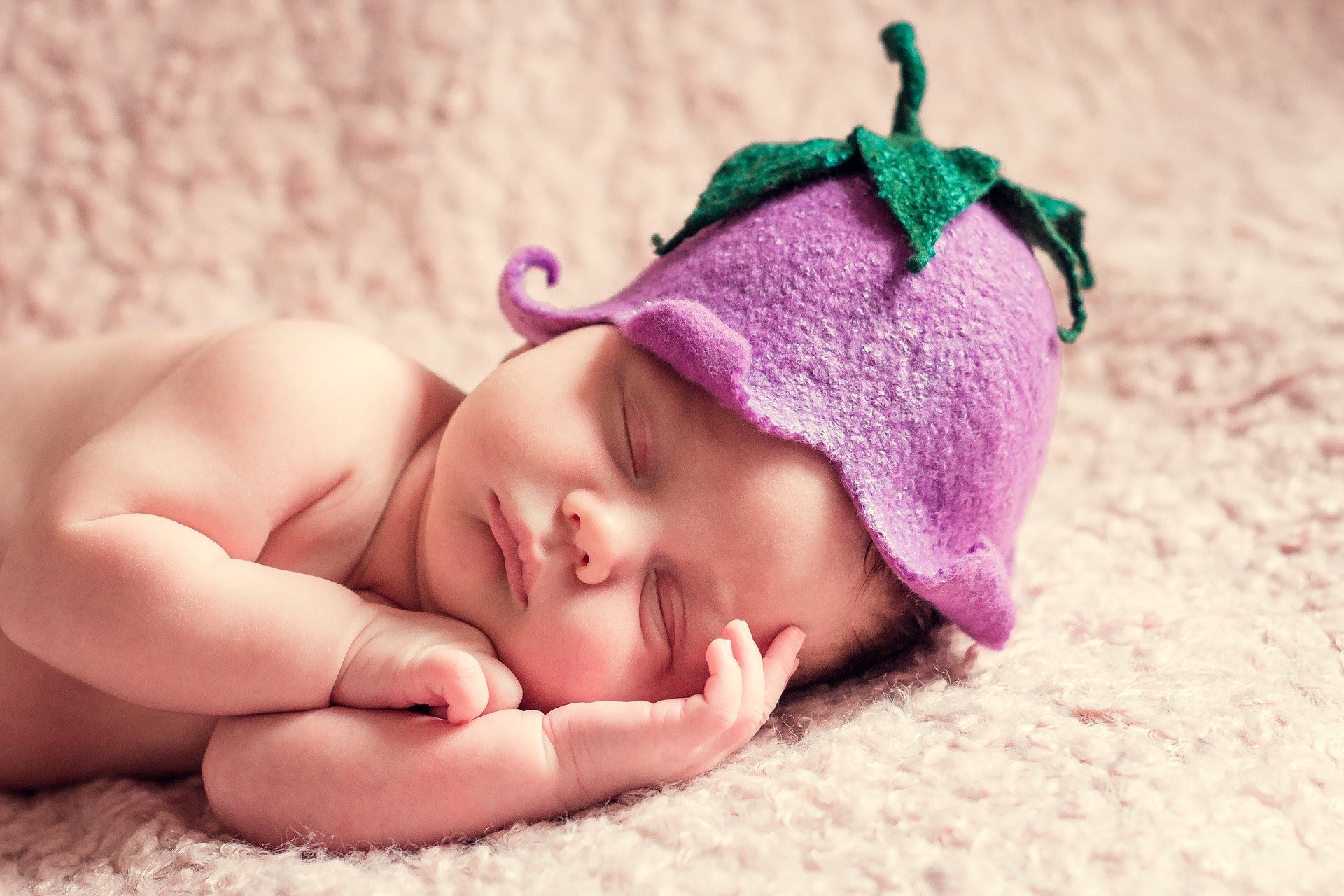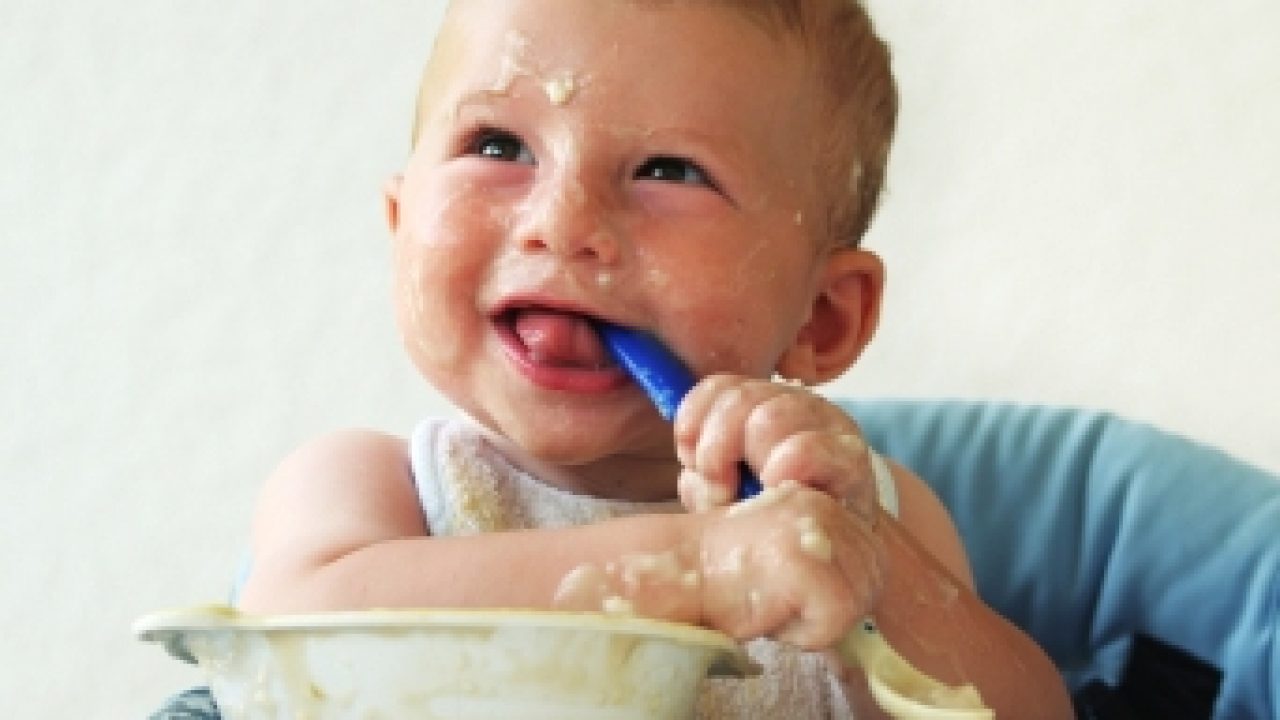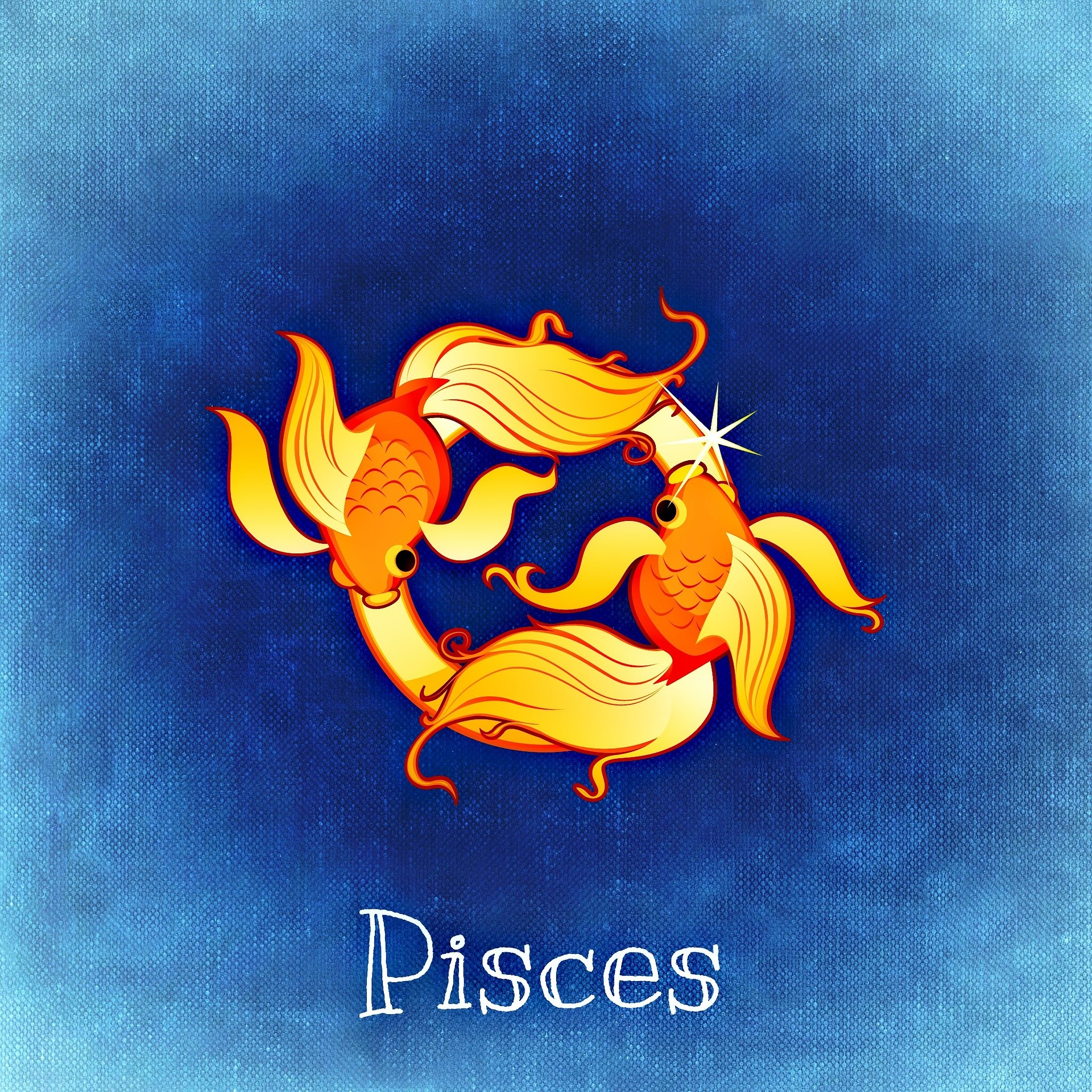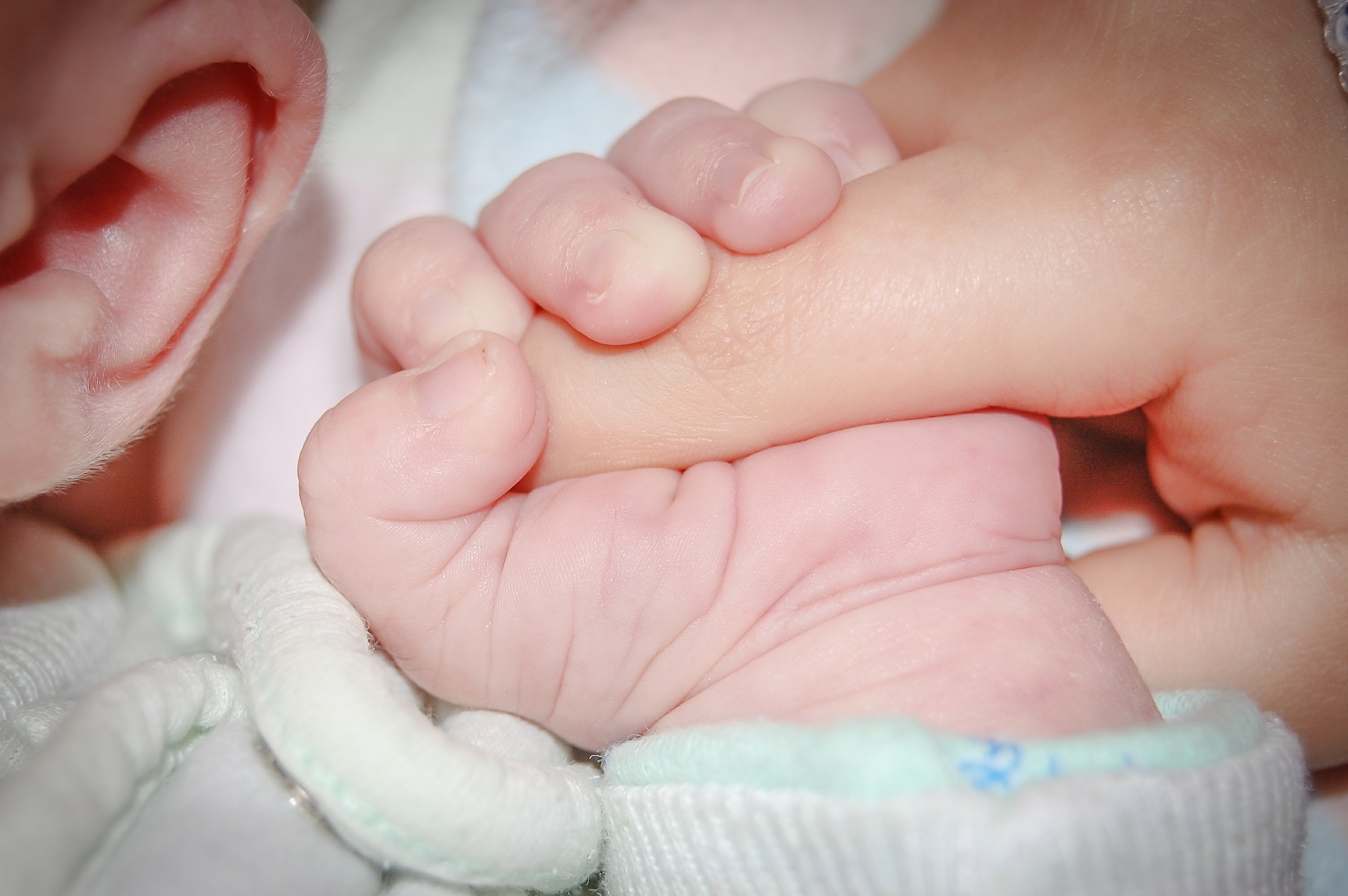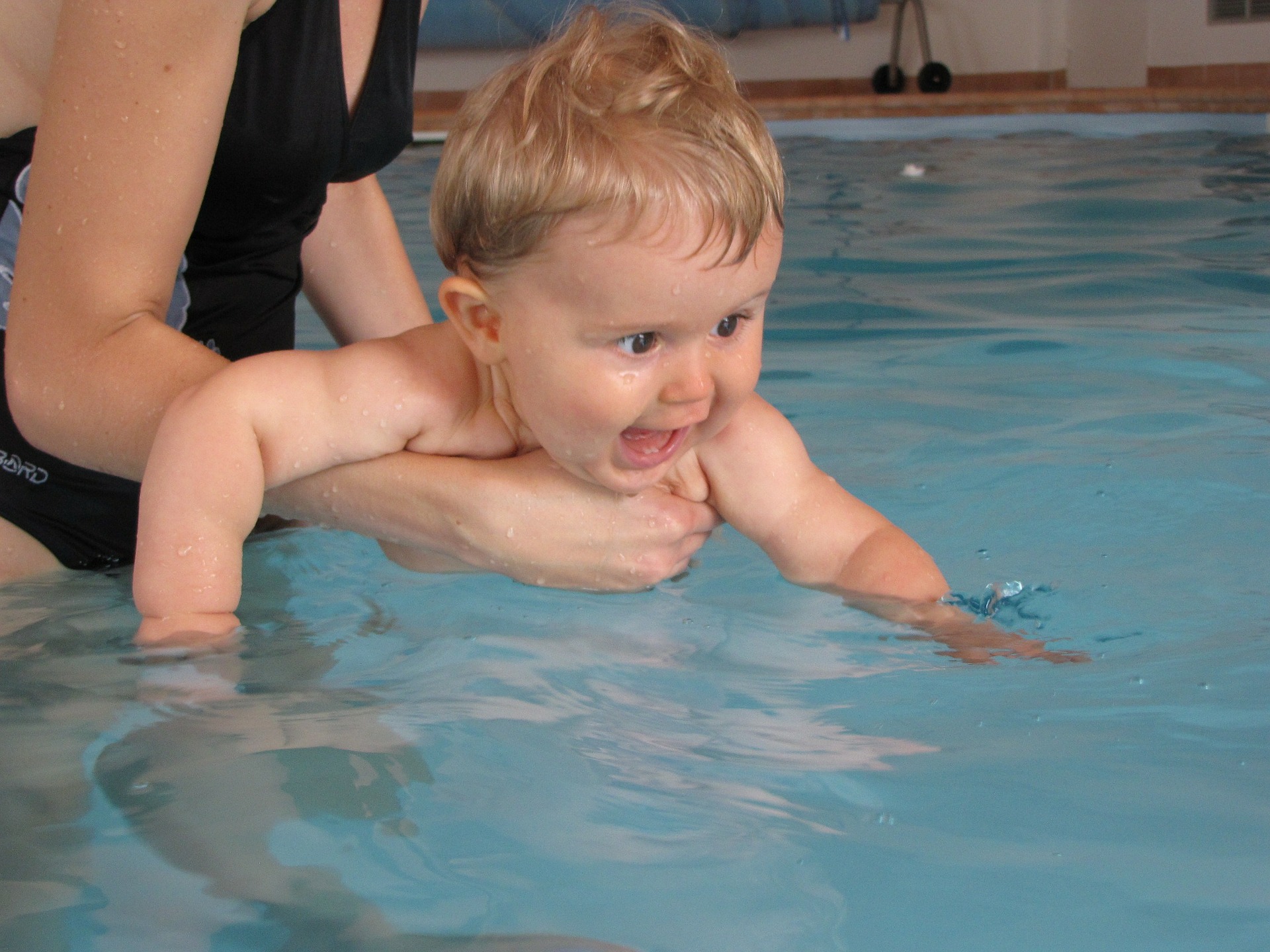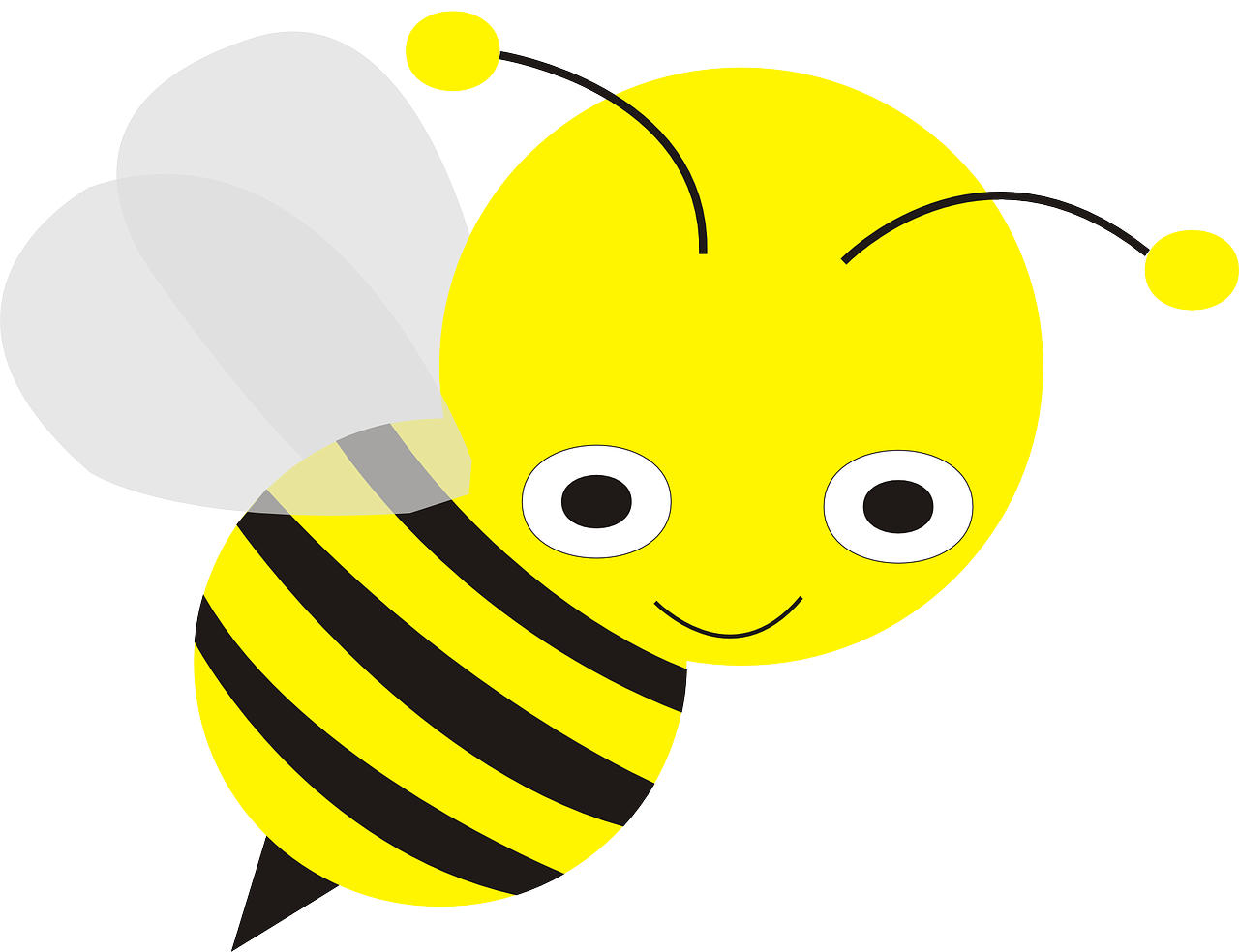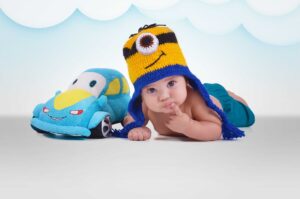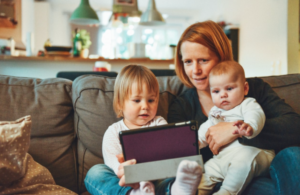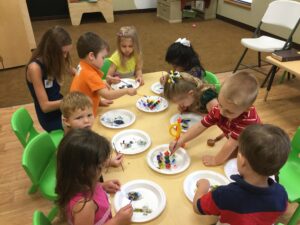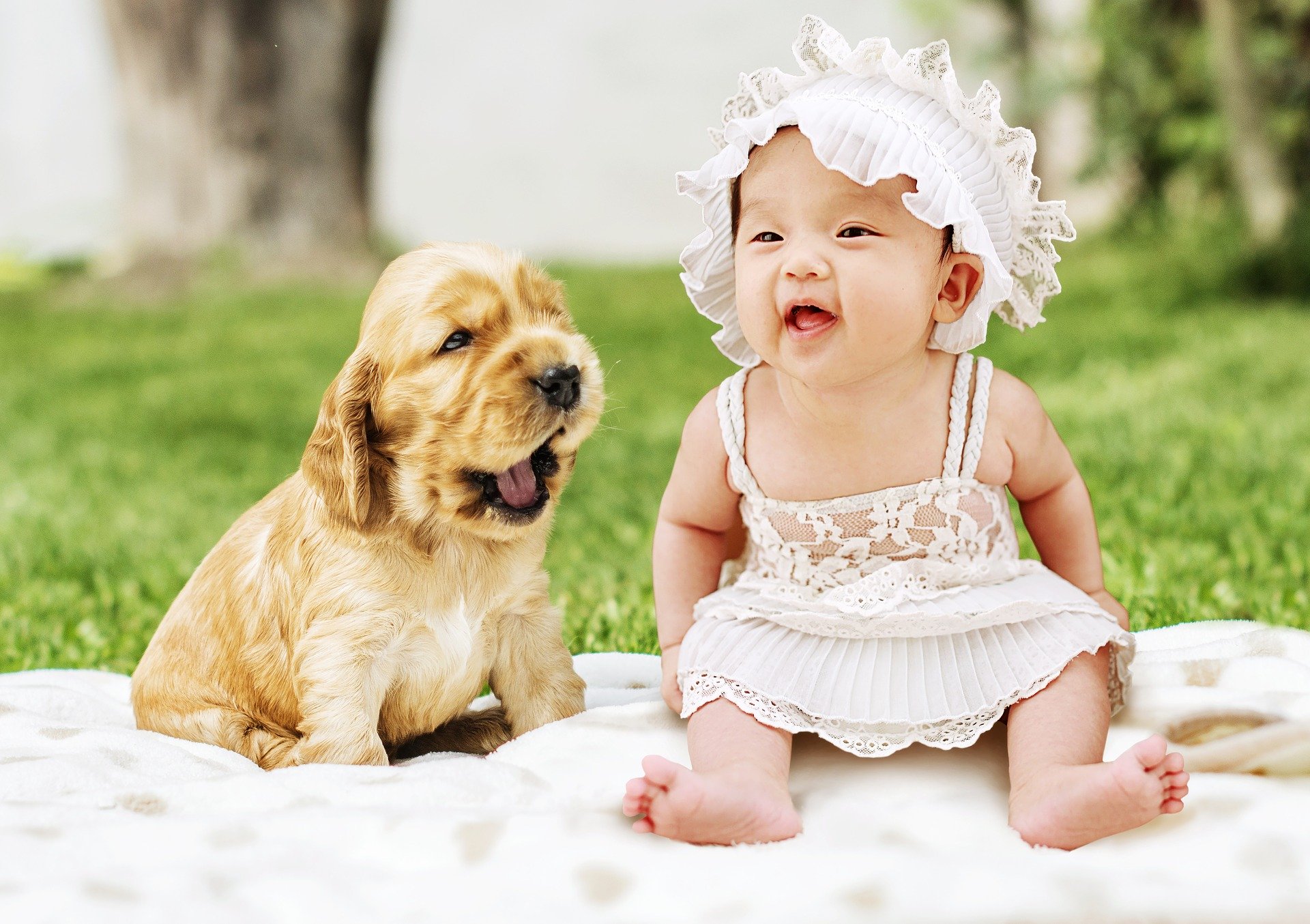
Having a child is a life-altering event for you and your family. If you own a pet and are concerned about how your pet will respond to the bringing home of a little bundle of joy, then you are not alone.
Hundreds of thousands of new families each year have to deal with how their pet might respond to the new baby. If you have a small child or are expecting in the near future you may have many questions such as,
What if my pet gets jealous?
What if he or she bites the baby?
How do I get my pet used to the new baby, and vice versa?
Not to fear, we have compiled some basic guidelines to follow when introducing your new baby to your family pet. First, you might want to think about your pet’s breed and temperament.
This applies to all pets, but in particular dogs. In all likelihood, you have seen many news stories about how certain dog breeds have attacked or even killed small children. Doing some basic research on your dog’s temperament will help you decide what to do upon the baby’s arrival.
If you find yourself deciding that you will not be able to keep your pet, keep in mind that many local rescue groups willingly take in animals and place them in homes where they will be better situated. It can be a tough decision, but the protection of your child is obviously paramount.
Familiarize with Baby Gear
Another main point that you should consider is familiarizing your pet with the baby gear that you plan on using. About a month or so before your baby is due, assemble all (or most of) the baby equipment.
Leave the bassinet out, put the swing in the living room, set up the bouncy chair on the floor. Just having these items out will enable your pet to get used to seeing them.
By the time the baby comes home, your pet will think nothing of that big playpen that is taking up half the room, or the baby’s new blankets and rattles.
You may even want to buy a little doll and swaddle it and hold it as if it were the baby. This will get your pet used to you holding the new baby a lot. Allow your pet sniff the doll and let him or her watch you put the doll into the playpen or swing.
Turn on the swing so your pet gets used to the noise, as there will be a lot of new noises in the house.
Getting Ready
When the time comes and your new baby is born you will probably be in the hospital for a few days. Try to get one of your family members to bring home one of the hats that your baby has recently worn. Let your pet sniff the hat so he or she can get familiarized with the new baby’s scent.
Coming Home
Your arrival home with the new baby will be a big event. Remember when you used to come home you’d greet your pet and give him lots of attention? Now you’ll have a tiny little baby who you’ll need to immediately feed, change and take care of.
Try to have your spouse, friend or family member give your pet lots of attention when you can’t so your pet still feels loved when you come home.
Let your pet smell the baby (of course with close supervision).
After a while, your pet will become very accustomed to the new baby in the house. Mostly, critically, always remember that no matter how much you trust your pet, especially dogs, never leave him or her alone in the same room with the baby.
You can never be 100% sure of the animal’s intentions. Regardless of how much you trust your pet, don’t be afraid to use baby gates or keep doors closed. When your baby begins to crawl and walk, watch out because your curious child might think it is fun to pull the dogs’ ears and tail and that’s when you could really be in danger.
In short, know your pet and always remain watchful. In the end, most children and pets will form a special bond as they grow to love one another over the years.

